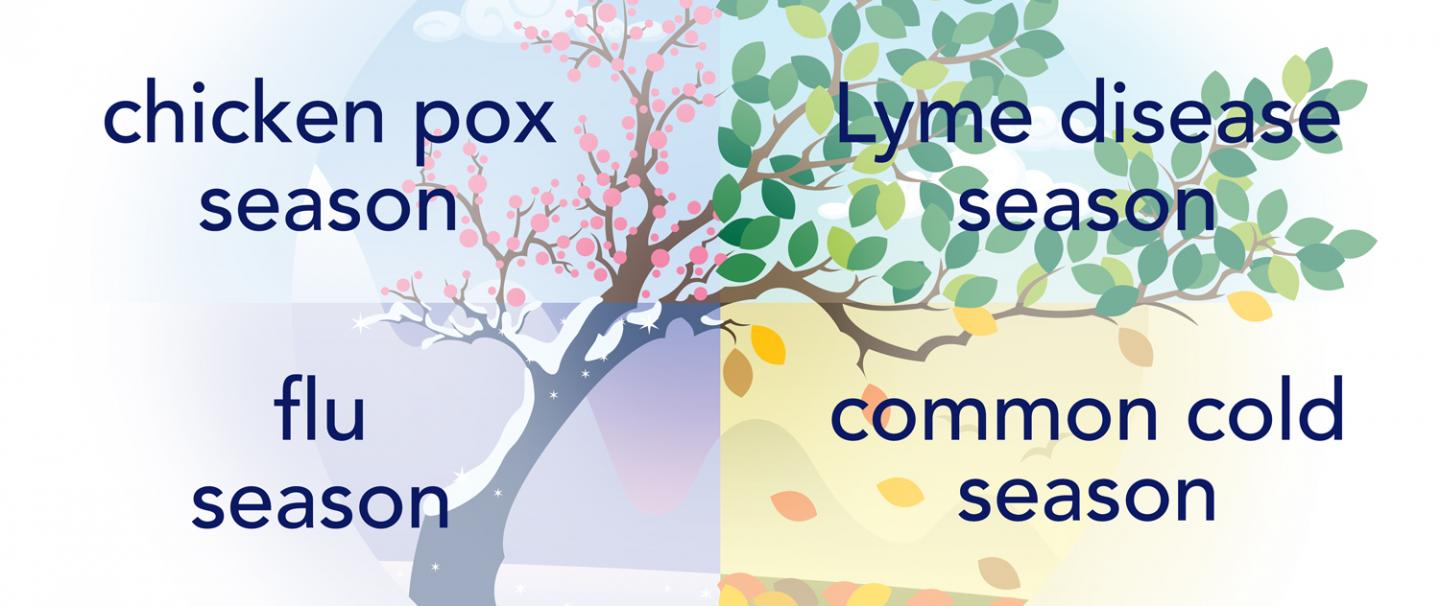INFECTIOUS DISEASES SPECIALIST IN NASHIK
Infectious diseases are disorders caused by organisms — such as bacteria, viruses, fungi, or parasites. Many organisms live in and on our bodies. They’re normally harmless or even helpful. But under certain conditions, some organisms may cause disease.
Some infectious diseases can be passed from person to person. Some are transmitted by insects or other animals. And you may get others by consuming contaminated food or water or being exposed to organisms in the environment.
Signs and symptoms vary depending on the organism causing the infection, but often include fever and fatigue. Mild infections may respond to rest and home remedies, while some life-threatening infections may need hospitalization.

Symptoms
Each infectious disease has its own specific signs and symptoms. General signs and symptoms common to a number of infectious diseases include:
- Fever
- Diarrhea
- Fatigue
- Muscle aches
- Coughing
Causes
Infectious diseases can be caused by:
- Bacteria. These one-cell organisms are responsible for illnesses such as strep throat, urinary tract infections, and tuberculosis.
- Viruses. Even smaller than bacteria, viruses cause a multitude of diseases ranging from the common cold to AIDS.
- Fungi. Many skin diseases, such as ringworm and athlete’s foot, are caused by fungi. Other types of fungi can infect your lungs or nervous system.
- Parasites. Malaria is caused by a tiny parasite that is transmitted by a mosquito bite. Other parasites may be transmitted to humans from animal feces.
